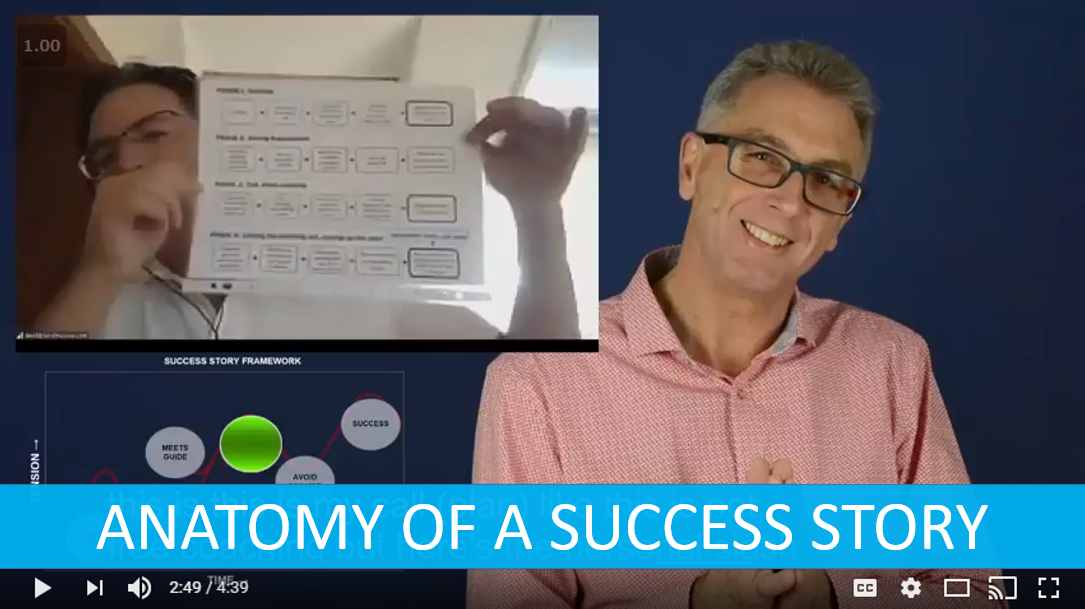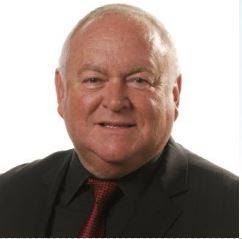If you work in a company of more than one person, your work colleagues are a critically important to your sales success.
Potential customers don't buy your products and services they buy the expertise of your company to ensure an outcome.
By expertise, I mean the skills of
specific individuals
in your company, not amorphous 'corporate expertise'.
When I was selling for Siemens in the mid-2000s,
we
sold a pre-paid charging system to a telecommunications company for well over $10 million dollars - a deal which took several months to negotiate and close. I was the sales person but
we
sold it, as you will see.
When a deal is closed and celebrated, the sales person usually moves quickly to the next opportunity but I wanted to be sure the buyer was satisfied and I really wanted to know why our company was selected.
We were not the front runner in the early stages and the customer had many choices of supplier, it was a competitive market. So why us?
I met with the main decision maker and we spent most of the meeting discussing the project implementation, which was going well, thankfully. Then, as the meeting drew to a close, I asked:
“Out of curiosity,
you had several choices for partner in this project,
why did you choose us?”
The response was instantaneous,
“Voon Tat, your technical expert.
He took the trouble to understand our technical requirements
And he showed us how we could achieve what we needed.
He was the difference”
Our technical sales guy was the winning factor, it wasn’t my brilliant salesmanship! Hmm, that’s a blow to the ego.
Back in the office, I reflected on that answer.
When we decided to pursue the opportunity I was concerned that our company didn’t have technical expertise in Australia. In contrast, our main competitors had supplied similar systems in Australia and almost certainly had local experts.
Fortunately, I had worked with Singapore-based Voon Tat* before, so I knew his story and the quality of his work. I recalled telling the customer, “We’re bringing over our best technical expert to work on this", and then I told a story about how Voon Tat and I had worked together on a previous project and how good he was.
Pumping up our technical expert with a story, probably made a difference. Maybe the sales guy played a part afterall?**
End of story.
In fact, it makes a big difference if your potential customer knows about your key people, and stories are much more potent than assertions for delivering that information.
You could assert that your technical expert is highly qualified and brilliant – but everyone says those things - those assertions are
barely heard
. A story, on the other hand is heard and accepted almost at an unconscious level.
We love to hear stories.
Some things to reflect on
1. Everyone has an interesting story. To be able to tell someone’s story you will need to respectfully ask for it and then listen! Then you need to arrange the relevant and interesting parts into a narrative. A great way to learn this skill is to participate in a
story workshop
.
2. Telling stories about your key people early in an opportunity primes the engagement for a trusting partnership
3. Don’t forget to prompt your customer’s key people to tell their stories - that is just as important as telling your stories. When you have shared stories with your customer, you are no longer just a vendor.
Now, whose stories do you need to collect in your organisation?
_____________________________________________________
Company:
Siemens
Source: Mike Adams personal experience
Story Type: Key Staff
_____________________________________________________
For Story Students:
The Setting: Mid-2000s Australia, after winning a deal
The Complications: Won the deal in unlikely circumstances
The Turning Point: Mike went to find out why we won
The Resolution: The technical sales guy was the key reason for winning
The Point of the Story: There are key staff in your organisation - you must position them!
___________________________
** Photo: Top Left: Voon Tat Choong, technical master.
*Many other people that contributed significantly to winning and keeping this deal including but not limited to (left to right, Top to Bottom) David Adams, David Huck, Peter Barfod, Peter Simms, TeeMeng Foo. My apologies to anyone that I've left out.



